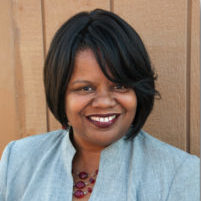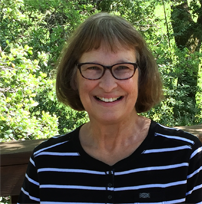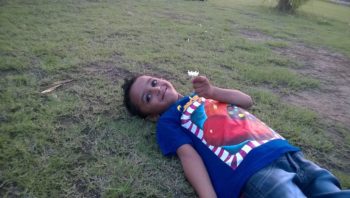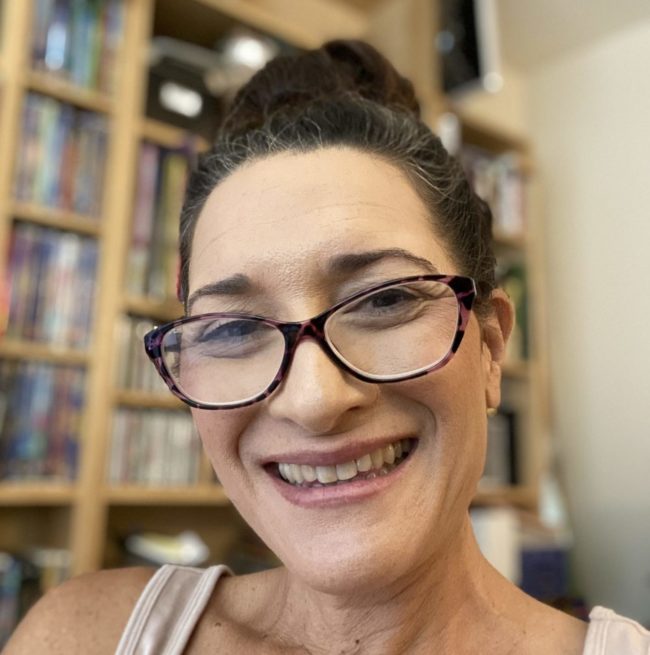 Online Social Activities for Teens
Online Social Activities for Teens
Students returned to school remotely in August. Since their return, our primary focus has been to ensure that all of our students are socially and emotionally ready to learn each day. Our elected student leaders meet afterschool to create creatively engaging activities for students throughout the school year. [Read more…]

Yvette King-Berg, is the Executive Director of Youth Policy Institute’s Charter Schools. She was the former California Charter Schools Association Vice-President of School Development and Outreach-Southern California. Ms. King-Berg has over thirty years of experience working with teachers, students, parents, and organizations in a variety of positions including Director, Assistant Director, Curriculum Advisor, Bilingual, and Title 1 Coordinators, classroom teacher (K-12) in Pasadena and LAUSD. She has been married for twenty-three years, and is the proud mother of her son, EJ, who attends UC Berkeley.
 Learning?
Learning?
 Engaging Our Children in Daily Assignment Assessments
Engaging Our Children in Daily Assignment Assessments
 Your Child’s Goal Setting for Academic Successes
Your Child’s Goal Setting for Academic Successes
 Help Students Express Gratitude and Brainstorm Solutions
Help Students Express Gratitude and Brainstorm Solutions